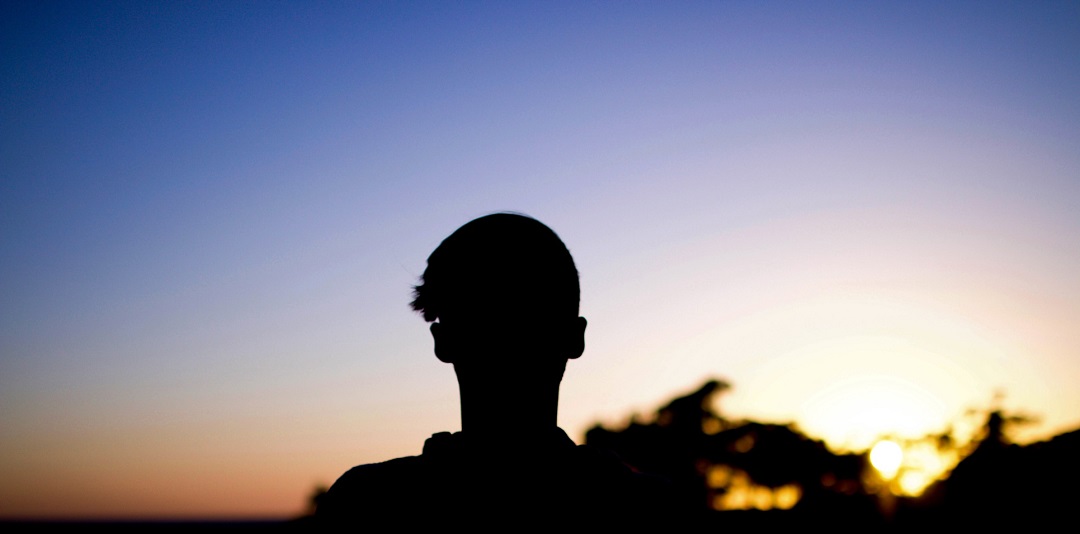In October 2014 I became the newest member of the SOAR TA team. It is really exciting to be working on a project that helps people across the country in such a tangible way. The SOAR process gives people who, under normal circumstances, would never have applied for SSA benefits on their own, and if they did, it is likely that they would have been denied and then gave up.
It is a true gift to be able to serve communities across the country in this way and this new opportunity has led me to think about my own personal journey towards recovery in the context of receiving benefits.
I was lucky that I was receiving benefits early in my recovery process. This meant that I had a place to live, food and clothing. This also meant that I could attend individual and group therapy sessions and 12-step recovery groups – I was able to point all of my mental energy on getting better. The benefits did not cover all of my needs but at least a basic base was provided.
I am also very grateful that I was also able to get my GED and start taking college courses during the time when I was receiving benefits. Without that foundation, that “headstart”, I am not sure that I would have had the success that I have had in my life.
Later in my career in human services; working with people at homeless shelters, in drug rehabs and when running peer support groups for youth and young adults – the challenges people faced were woven with one common thread, they all struggled to make sure that their very basic needs were met. Sometimes we seemed focused on things like making sure someone went to group but did not pay attention to the fact that they were not eating and had no money to take the bus!
To me this is one of the unspoken truths in human services. A truth understood by those receiving services and by those who provide the services, but not by the general public or all policy makers. Most of the systems we have in place are focused on symptoms but really do nothing to fix the underlying issues, one of which is that people are in poverty and cannot pay for the basic goods and services that they need “to get by”, let alone recover.
More and more research and work is being done that looks at the effects of poverty on mental illness. I think that this is an important trend and the topic also lends itself to being looked at as being connected to the topic of income disparities.
SOAR providers are on the front lines of this battle. I look forward to getting to meet some of the SOAR Team Leads and other amazing people across the country that we are privileged to be able to support through our work.


